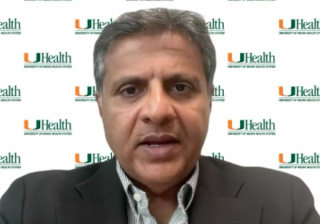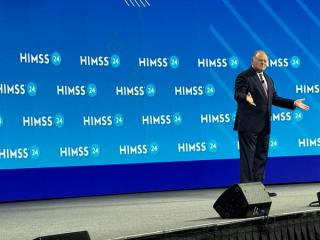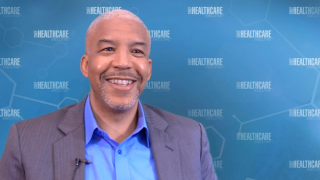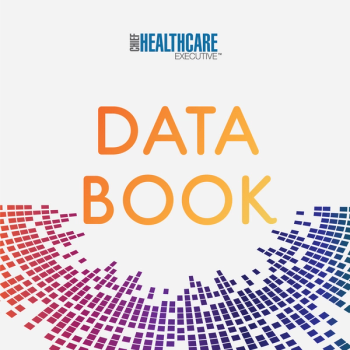
Technology
Latest News
Latest Videos

Shorts
Podcasts
More News

The partnership is designed to improve the patient experience and ease burdens on clinicians. They see AI as a tool to create more consistency and even more empathy.

As attacks grow in frequency and sophistication, the ability to respond quickly is critical.

Most say they are optimistic about its potential, but they don’t have a clear clinical strategy for AI. Dan D’Orazio of Sage Growth Partners talks about a survey of executives on AI.

Cybersecurity is not just about firewalls and antivirus software; it’s about discipline, training, and unity.

The tech company is rolling out its new electronic health records to ambulatory providers in the United States.

With de-escalation techniques and technology, health systems can reduce the likelihood and severity of violent incidents against frontline staff members.

Healthcare organizations must evolve towards dynamic, real-time governance and risk-based management of AI tools.

It’s time for remote care to stop being viewed as a novel enhancement and instead be adopted more broadly, particularly for those managing chronic conditions.

Technology failures in critical care aren't just inconvenient — they come with staggering financial and patient safety risks, Greg Davis writes.

Even with AI, health systems must take the right steps to achieve the value-based results they want — for themselves and their patients.

Some breaches affected millions of Americans. Hospital systems and other companies with health records experienced cyberattacks and other types of breaches.

AI chatbots can aid in diagnosis and care management. But there are several specific issues with current mainstream AI chatbots.

Health systems continue to face challenges in filling positions in information technology, and cybersecurity.

Providers with modest resources are being attacked. Healthcare leaders say breaches at smaller hospitals and clinics can have a serious impact.

A closer look at patient experiences and preferences shows a growing preference for virtual specialty care, along with more access to higher quality providers.

Most hospitals and health systems are still struggling to find the cybersecurity budget and staffing to succeed.

Sentara Health set out several key principles for the use of AI in the Virginia-based system. The guidelines emphasize safety, privacy and transparency.

By using data-driven tools to manage internal float pools and local per diem staff, healthcare systems are improving retention, reducing costs, and achieving better outcomes.

The health technology conference in October will be spotlighting artificial intelligence. Rich Scarfo, president of HLTH, says the focus reflects the growing importance of AI in the industry.

The Trusted Exchange Framework and Common Agreement went live in 2023, and while full interoperability hasn’t happened, some see important gains.

With little federal activity on AI in the industry, some states are moving forward on issues such as transparency and consumer protection, analysts say.

As the use of AI expands, many nurses are eager for tools to help them do their jobs. But some worry about accuracy and see solutions developed without the input of nurses.

The radical realignment of priorities in Washington means the private sector must step up to remedy this public health crisis.

While National Nurses’ Month celebrates nurses, too many are struggling with burnout. Hospitals can help by giving nurses tools to support them and let them focus on patients.

Health systems are wrestling with supplies and expect more oversight on the federal 340B drug pricing program. Lauren Forni of Bluesight talks with us about the challenges pharmacies are facing.














































































































